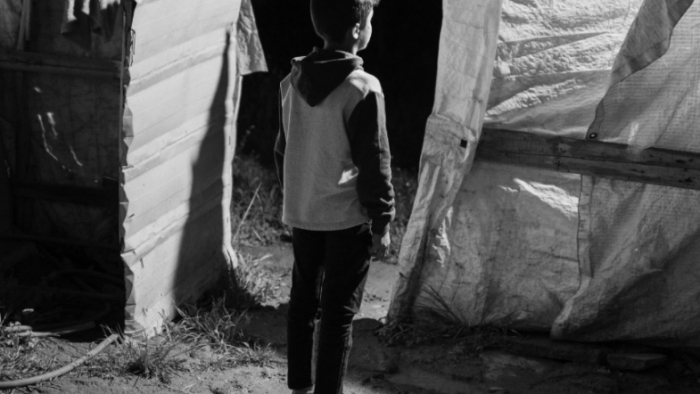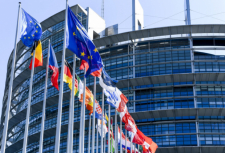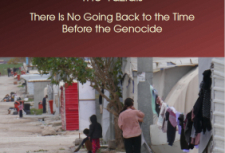Iraq: Yezidi child survivors of ‘Islamic State’ facing unprecedented health crisis

Almost 2,000 Yezidi children who have returned to their families after being held captive by the armed group calling itself Islamic State (IS) are facing a physical and mental health crisis, Amnesty International warned in a new report published today, entitled, ”Iraq: Yezidi child survivors of ‘Islamic State’ facing unprecedented health crisis.”
The report, Legacy of Terror: The Plight of Yezidi Child Survivors of ISIS, also addresses the urgent need to end the enforced separation of women and their children born of sexual violence by IS members.
Between 2014 and 2017, IS committed war crimes, crimes against humanity, and what the UN describes as genocide against the Yezidi community in Iraq.
“While the nightmare of their past has receded, hardships remain for these children”
Matt Wells
The 57-page report reveals the extensive challenges now faced by the estimated 1,992 children who have returned to their families after being abducted, tortured, forced to fight, raped and subjected to numerous other horrendous human rights abuses by IS.
“While the nightmare of their past has receded, hardships remain for these children. After enduring the horrors of war at an extremely young age, they now need urgent support from the national authorities in Iraq and the international community to build their future,” said Matt Wells, Amnesty International’s Crisis Response Deputy Director – Thematic Issues.
“Survivors of horrific crimes, these children now face a legacy of terror. Their physical and mental health must be a priority in the years ahead if they are to fully reintegrate into their families and community.”
Many child survivors have returned from IS captivity with debilitating long-term injuries, illnesses or physical impairments. The most common mental health conditions experienced by these children include post-traumatic stress, anxiety and depression. Symptoms and behaviours often displayed include aggression, flashbacks, nightmares, withdrawal from social situations, and severe mood swings.
Tags: #yazidisinfo #genocideezidi #ezidinews #humanrights
Iraq: Yezidi child survivors of ‘Islamic State’ facing unprecedented health crisis

Almost 2,000 Yezidi children who have returned to their families after being held captive by the armed group calling itself Islamic State (IS) are facing a physical and mental health crisis, Amnesty International warned in a new report published today, entitled, ”Iraq: Yezidi child survivors of ‘Islamic State’ facing unprecedented health crisis.”
The report, Legacy of Terror: The Plight of Yezidi Child Survivors of ISIS, also addresses the urgent need to end the enforced separation of women and their children born of sexual violence by IS members.
Between 2014 and 2017, IS committed war crimes, crimes against humanity, and what the UN describes as genocide against the Yezidi community in Iraq.
“While the nightmare of their past has receded, hardships remain for these children”
Matt Wells
The 57-page report reveals the extensive challenges now faced by the estimated 1,992 children who have returned to their families after being abducted, tortured, forced to fight, raped and subjected to numerous other horrendous human rights abuses by IS.
“While the nightmare of their past has receded, hardships remain for these children. After enduring the horrors of war at an extremely young age, they now need urgent support from the national authorities in Iraq and the international community to build their future,” said Matt Wells, Amnesty International’s Crisis Response Deputy Director – Thematic Issues.
“Survivors of horrific crimes, these children now face a legacy of terror. Their physical and mental health must be a priority in the years ahead if they are to fully reintegrate into their families and community.”
Many child survivors have returned from IS captivity with debilitating long-term injuries, illnesses or physical impairments. The most common mental health conditions experienced by these children include post-traumatic stress, anxiety and depression. Symptoms and behaviours often displayed include aggression, flashbacks, nightmares, withdrawal from social situations, and severe mood swings.
Tags: #yazidisinfo #genocideezidi #ezidinews #humanrights

























